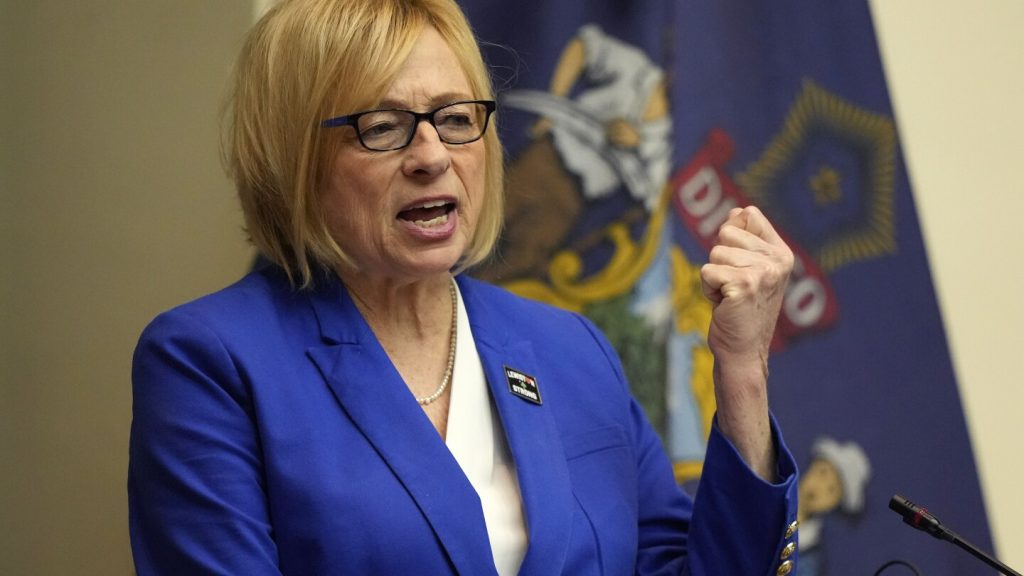Maine’s Democratic governor, Janet Mills, vetoed a bill that would have established a minimum hourly wage for agricultural workers at $14.15 per hour, the same as the state’s minimum wage for non-tipped employees. She initially proposed the bill herself, but vetoed it due to changes made by lawmakers that would allow for privately initiated litigation against farmers in case of violations. Mills expressed concern that this could lead to more farms closing down in the long run.
Only two other states in New England, Connecticut and Massachusetts, have established state minimum wages for farmworkers. While nearly half of all states in the US have a minimum wage for agricultural work, Mills pointed out that almost all farms in Maine already pay their workers the state minimum wage. Lawmakers will have the opportunity to try to overturn the veto with a two-thirds majority vote, as the bill did not receive strong support when it passed earlier in the month.
The proposal had received support from some farming organizations in Maine, as well as labor groups. Despite facing opposition last year, some farming organizations backed the bill this time around, including the Maine Dairy Industry Association. However, the veto has been criticized by the Maine AFL-CIO Executive Director, Matt Schlobohm, who stated that it sends a message that farmworkers are of second-class status and not worthy of the same rights and protections as other workers. Vice president of the Maine Dairy Industry Association, Annie Watson, emphasized the importance of farmworkers to their way of life in testimony in March.
Overall, the veto of the agricultural minimum wage bill by Governor Mills has sparked debate and controversy in Maine. While the bill had support from some farming organizations and labor groups, the concern over privately initiated litigation led to the veto. Lawmakers will now need to consider whether to attempt to overturn the veto with a two-thirds majority vote, as the bill did not receive strong support when it initially passed. The issue of fair wages and protections for agricultural workers continues to be a point of contention and discussion in Maine and across the country.















